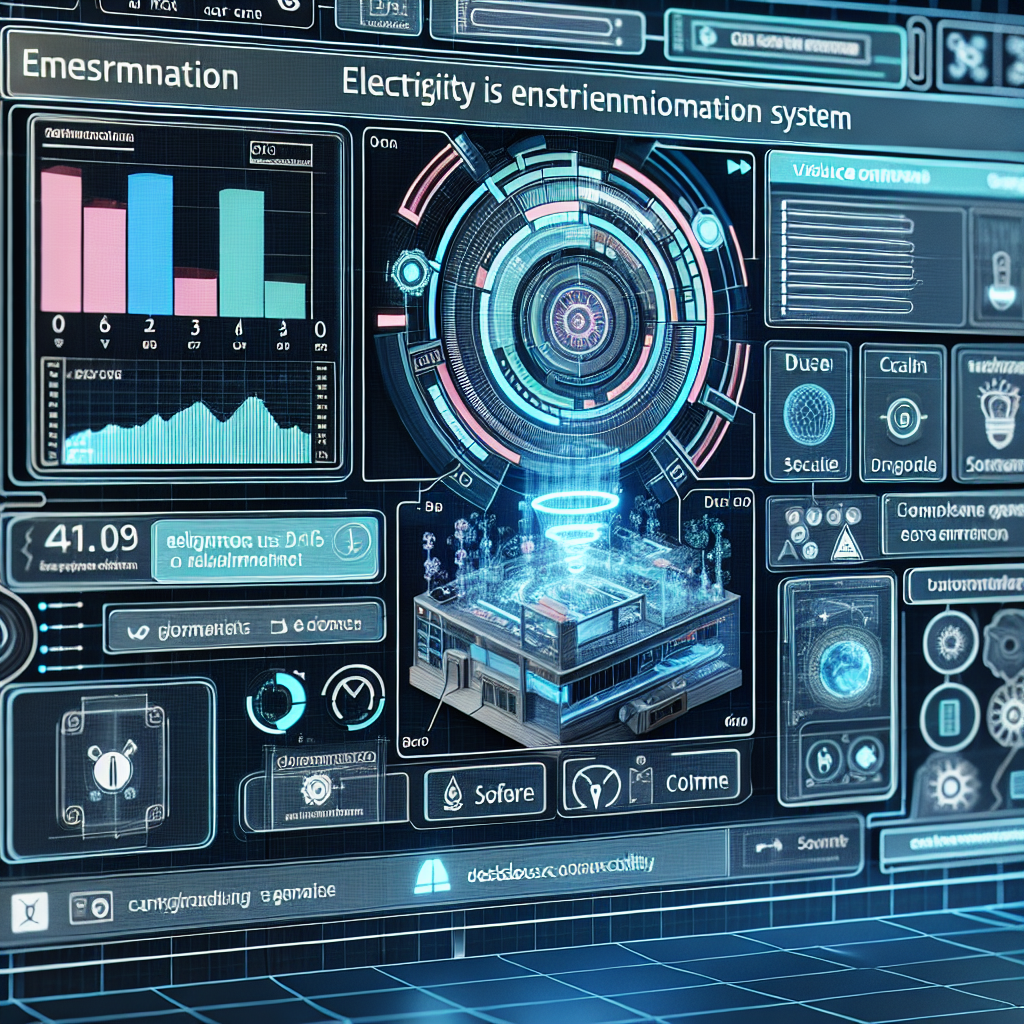Final year project on the electricity information system for BCA.
Introduction
In today’s rapidly advancing world, electricity plays a crucial role in powering various aspects of our daily lives. With the increasing dependency on electricity, it has become essential to efficiently manage and monitor the consumption of electricity. This project aims to develop an Electricity Information System that can provide real-time data on electricity consumption, thereby helping users to make informed decisions about their usage patterns.
Problem Statement
The traditional method of manually reading electricity meters is time-consuming and prone to errors. Additionally, users often do not have access to real-time data on their electricity consumption, making it challenging for them to track their usage patterns. This lack of awareness often leads to wasteful usage of electricity, resulting in higher bills and energy wastage.
Existing System
The existing system relies on manual meter reading, where a meter reader visits the premises to record the electricity consumption periodically. This method is not only labor-intensive but also inefficient, as it does not provide real-time data on electricity consumption. Users have to wait for their bills to arrive to know their usage patterns, making it challenging for them to optimize their consumption.
Disadvantages
The disadvantages of the existing system include:
- Manual meter reading is prone to errors
- Users do not have access to real-time data on their electricity consumption
- Wasteful usage of electricity due to lack of awareness
- Higher bills and energy wastage
Proposed System
The proposed Electricity Information System aims to address the limitations of the existing system by providing real-time data on electricity consumption. The system will utilize smart meters that can automatically send consumption data to a centralized server. Users will be able to access this data through a web or mobile application, allowing them to track their usage patterns and make informed decisions about their consumption.
Additionally, the system will incorporate features such as predictive analytics to forecast future consumption trends and provide personalized recommendations to optimize usage. Users will also receive alerts for abnormal consumption patterns, enabling them to detect leaks or faulty appliances promptly.
Conclusion
In conclusion, the development of an Electricity Information System is crucial in today’s world to efficiently manage and monitor electricity consumption. By providing real-time data and personalized recommendations, the proposed system aims to empower users to make informed decisions about their electricity usage, ultimately leading to energy conservation and cost savings. This project holds immense potential in revolutionizing the way we consume electricity and aligning with the global push for sustainable energy practices.

